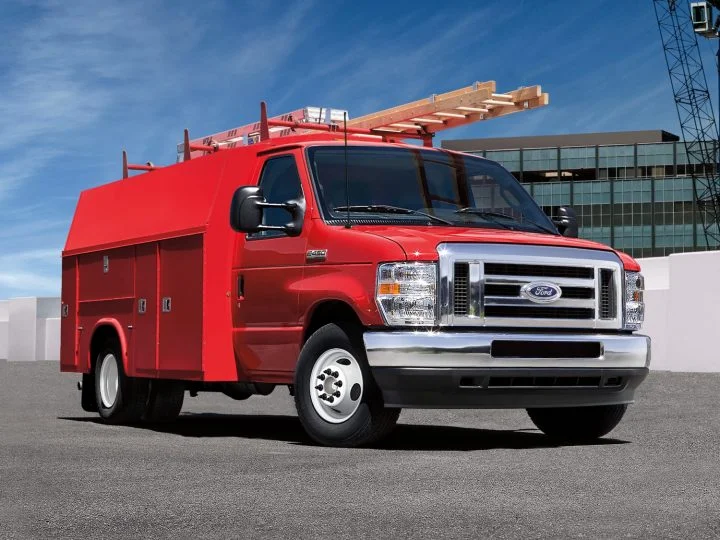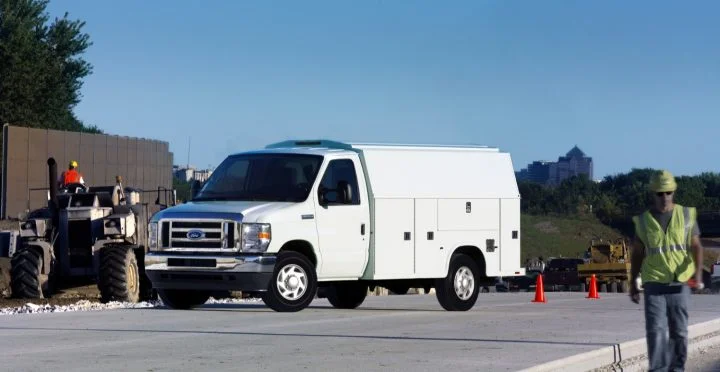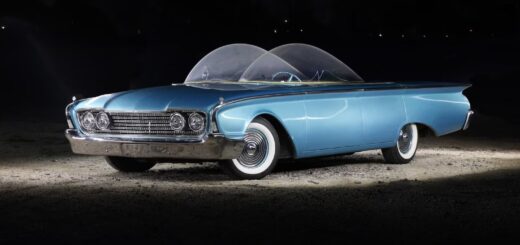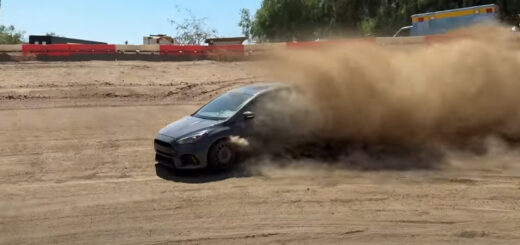Back in August 2022, a class-action lawsuit was filed against the automaker claiming that select Ford E-Series cutaway models featured advertised gross vehicle weight ratings (GVWR) that were incorrect, which could allegedly make those vehicles more difficult or even unsafe to drive due to suspensions that cannot be adjusted and are converted into a wide variety of vehicles following their purchase – such as ambulances and recreational vehicles. However, that lawsuit was dismissed in November 2023 after a judge agreed with Ford that those issues were caused by third-party modifications. Now, another Ford E-Series cutaway lawsuit has been dismissed.
This lawsuit – Ricardo and Marleinet Gurrola v. Ford Motor Company – was filed in the U.S. District Court for the Northern District of Illinois (Eastern Division) by plaintiffs represented by Wexler Boley & Elgersma LLP, and also pertained to Ford E-Series cutaway chassis models produced from 2018 and up, according to Car Complaints. One of the plaintiffs purchased one of these models that had been converted into an RV from a third-party, and after a few thousand miles, the vehicle started pulling hard to one side.
Since these vehicles qualify for Ford warranty coverage, the owner took it to a Blue Oval dealer, who determined that the alignment was off. However, it declined to perform an alignment since the job would require the use of aftermarket parts, which would void the warranty. The lawsuit claims that these models don’t allow for any caster/camber adjustment as Ford states, and added that extra weight could cause the vehicles to pull to one side. The plaintiff ultimately paid for aftermarket parts to rectify the issue, and wanted Ford to reimburse him.
However, Judge Steven C. Seeger dismissed the class action lawsuit for failing to notify Ford as required by Illinois law, adding that it did not allege a deceptive act or practice, and “does not allege proximate causation, either. “This Court doesn’t need to get into the scope of the warranty. The Court agrees that the Gurrolas failed to give notice as required by Illinois law. Illinois law requires buyers to provide notice before suing for breach of warranty. That obligation covers both express warranties and implied warranties. No notice, no claim. Giving notice about a general problem that affects a group of people isn’t good enough,” Seeger said.

















No Comments yet